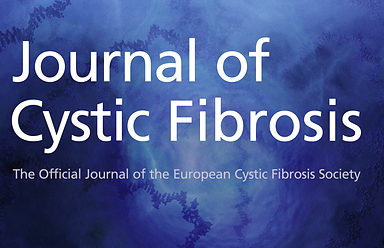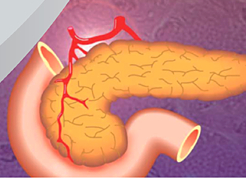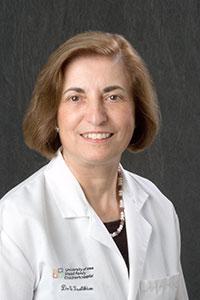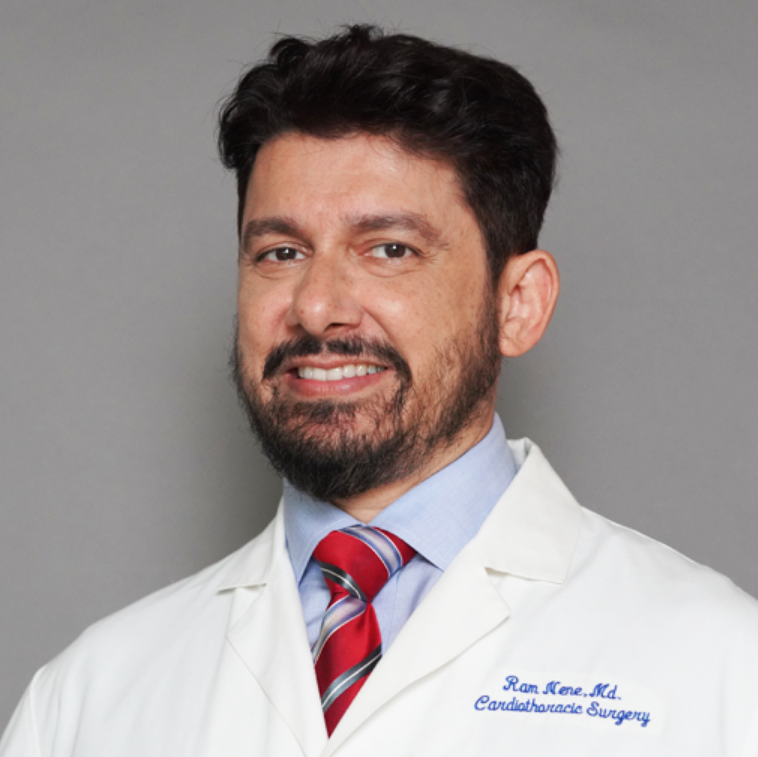
Pancreatic islets are the cells that produce insulin and glucagon, and are otherwise known as the endocrine pancreas. The islets are surrounded by the exocrine pancreas. The exocrine pancreas is a gland that creates digestive juices for the intestine. It has long been postulated that the exocrine pancreas cells help support the function and existence of the islets. The corollary is that a diseased exocrine pancreas might have negative influence on islet function. This postulated biology may be at play in cystic fibrosis related diabetes (CFRD), a unique form of diabetes that afflicts many persons who have cystic fibrosis. To test this possibility, researchers at the University of Iowa have studied exocrine pancreas cells grown in cell culture from ferrets with and without cystic fibrosis. The researchers found that the exocrine cells affected by cystic fibrosis secrete different proteins than the healthy cells. Furthermore, some of the differences are expected to impact islet function. The results were published in the Journal of Cystic Fibrosis. Dr. Norris from our division was one of the study authors, along with other scientists.











